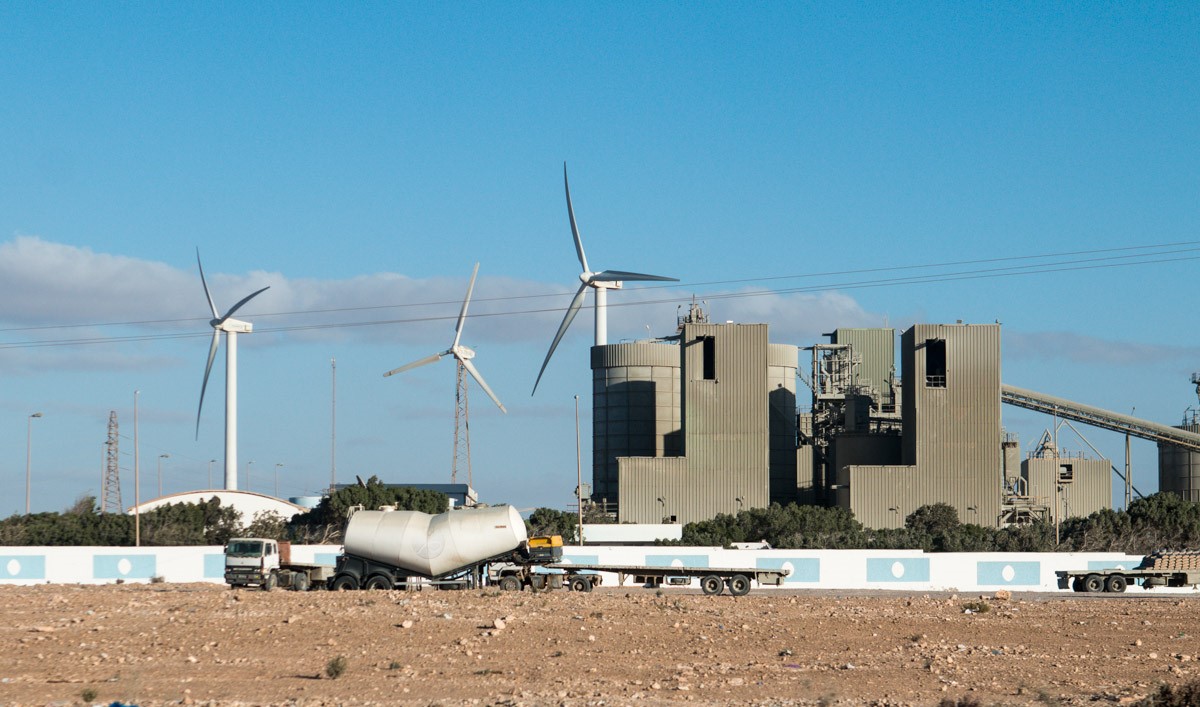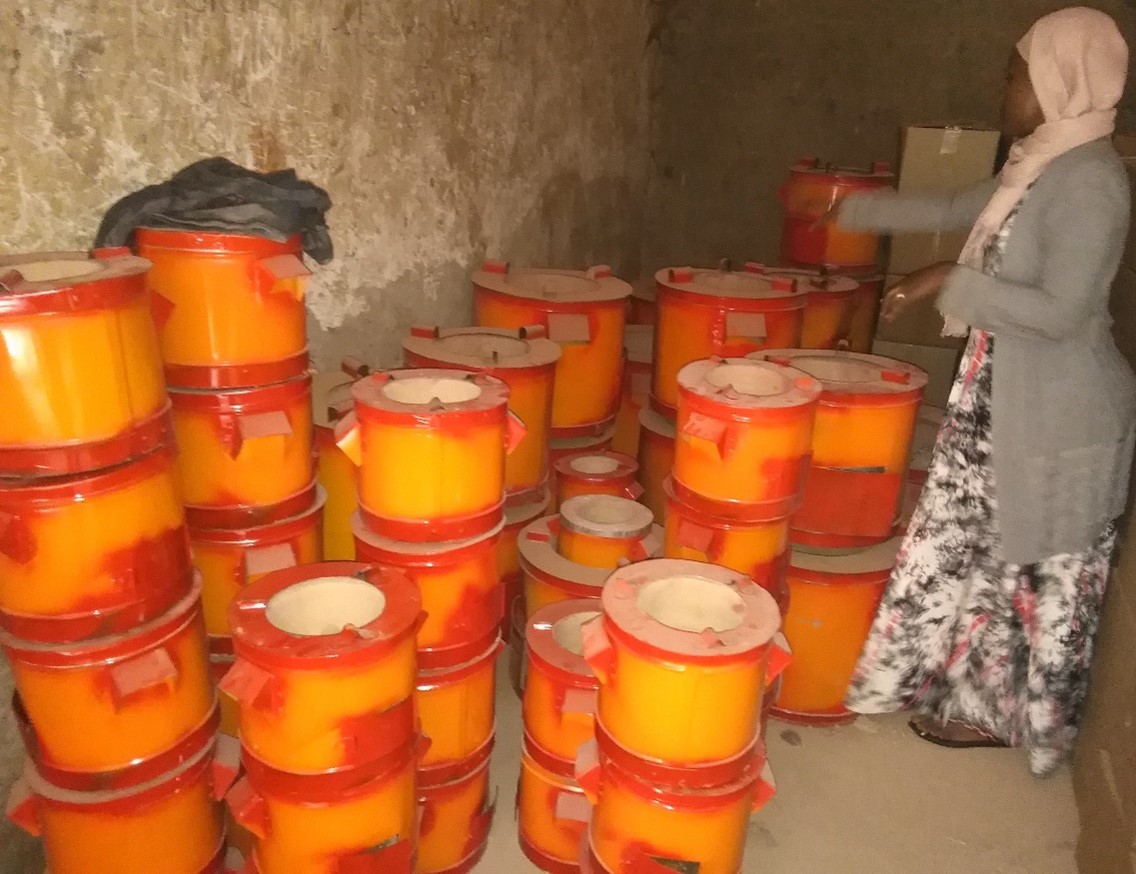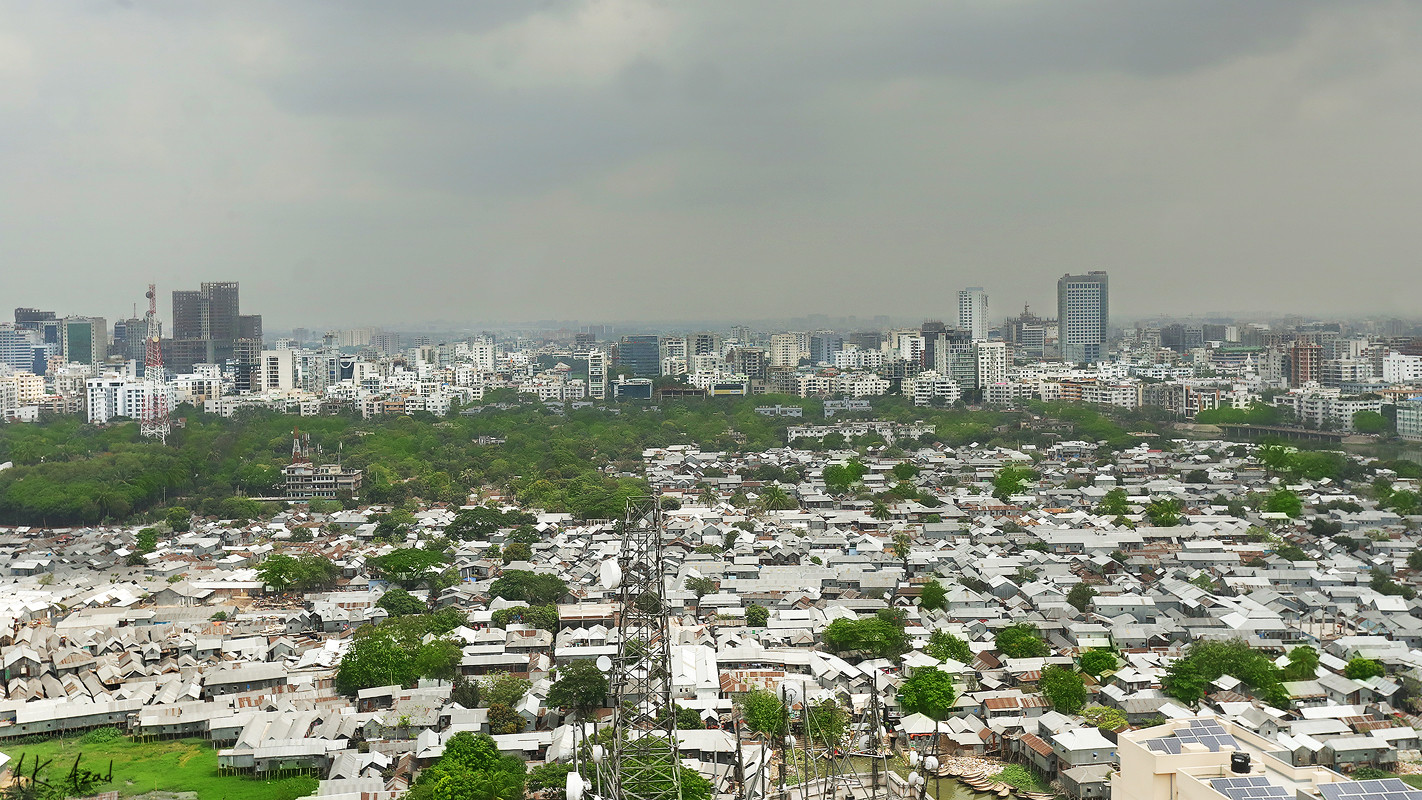Institutions hold the key to unlocking the continent’s vast potential. The undeniable significance of institutions as catalysts for economic development and stability cannot be overstated, but Ebrima Faal writes, it is essential to recognise the challenges that many African nations face due to weak and ineffective institutional frameworks.
Nobel laureate Douglass North eloquently described institutions as society’s “rules of the game,” shaping human interaction and guiding economic performance. Institutions, particularly economic, political, legal, and social ones, can create an environment that is conducive to economic growth and development. They do this by reducing uncertainty, maintaining order, and facilitating cooperation, all of which are crucial for robust economic activity.
Economic Building Blocks
In South Africa’s thriving economic landscape institutions lay the foundation for effective resource distribution. Amidst this dynamic environment, the South African Reserve Bank (SARB) is a crucial institution. It manages the money supply, curbs inflation, and determines interest rates. This stewardship fosters a favourable climate for businesses and investors, ensuring monetary stability and fuelling economic growth.
The Johannesburg Stock Exchange (JSE) is a bustling, globally recognised marketplace brimming with possibilities and a market capitalisation exceeding £870 billion. It acts as a potent catalyst for economic growth, spurring job creation and wealth accumulation by facilitating investment and allowing companies to expand. These institutions have the power to stimulate capital generation, ignite economic activity, and exemplify the dynamic nature of South Africa’s financial sector.
A key facet of upholding economic stability is trust, which is supported by the auditing of public accounts. These institutions examine company accounts to ensure that money invested in it is being spent in the way they promised. Knowing they will be caught for any wrongdoing disincentives lawbreaking and gives investors more confidence to make investments that help companies and the economy grow.
Politics and law
Political institutions underpin economic development by fostering stability, facilitating peaceful power transitions, and providing mechanisms for conflict resolution. Military coups, political uprisings, and dismissals of established term limits hinder governance, obstruct investments, and impede economic progress. Research indicates that economies disrupted by political turmoil grow at an average rate 2 percentage points slower than those untroubled, with a persistent lag in the growth rate of 1 to 2 percentage points in the succeeding year.
Legal institutions provide an indispensable framework for enforcing laws and contracts, essential for economic growth. Legal certainty nurtures trust, boosts investor confidence, and helps stimulates economic growth. The impressive average annual GDP growth rate in Côte d’Ivoire of around 7 per cent from 2012 to 2019 exemplifies this, demonstrating the transformative impact of robust legal institutions.
Conversely, the detrimental effects of weak institutions are evident in The Gambia under Yahya Jammeh’s oppressive regime. Limited growth, high unemployment, and social unrest marked this period, with the GDP growth rate stagnating at 1.5% per cent from 2006 to 2016. This underscores the vital role of strong legal institutions in sustainable economic development.
Social institutions are shaping growth
Social institutions, encompassing education, family, religion, and media, wield significant influence over economic growth. They shape societal norms and guide economic behaviour. They foster trust and cooperation among community members, reduce transaction costs and risks, and encourage the sharing of information. These aspects are crucial for encouraging investments, entrepreneurial activities, and enhancing productivity and economic growth.
In post-genocide Rwanda, gacaca courts were places where communities sought truth, justice, and reconciliation. These community-based courts not only dispensed justice to victims but also played a crucial role in fostering social cohesion, unity, and long-term stability. They serve as a profound example of how social institutions can heal wounds, foster trust, and subsequently provide the foundation for economic progress.
In Mauritius, education assumes a central role. The nation boasts high literacy rates and near-universal enrolment in primary education, with a literacy rate exceeding 90 per cent for both genders. This steadfast commitment to education empowers individuals, nurtures essential skills, and propels economic growth. It stands as a shining example of how robust social institutions contribute to the development of human capital, foster innovation, and enhance productivity.
Recognising the predicament of African youth is vital. Inadequate institutions often limit their opportunities, exclude them from decision-making processes, and hinder their growth. Recent protests, such as those in Senegal, Tunisia, and Nigeria’s #EndSARS movement, reflect the youth’s demand for stronger institutions that address their needs and aspirations. Including youth perspectives and addressing institutional gaps are crucial for nurturing their growth and driving broader societal progress.
Follow Botswana
Botswana is a nation where robust institutions underpin remarkable economic development and stability. Good governance, robust property rights, and firm anti-corruption measures have fuelled investments and economic diversification. Since independence in 1966, the country has shown impressive growth, spotlighting the power of strong institutions. Conversely, Nigeria, oil-reliant and grappling with ineffective institutions and corruption, has been unable to fully capitalise on its resources, resulting in economic instability.
Botswana sets itself apart by acknowledging the limited lifespan of its abundant natural resources and proactively diversifying its economy. Through strategic utilisation of its diamond resources and nurturing sectors such as tourism, agriculture, and manufacturing, Botswana successfully mitigates the risks of resource dependence. This forward-thinking approach has laid the foundation for long-term economic sustainability and resilience, positioning Botswana as an exemplary model in Africa.
Botswana is a nation where peaceful transitions of power occur through democratic processes and institutions serve as guardians of democratic values. This stability provides a solid foundation for sustainable economic growth, fostering trust and confidence among investors.
Prudent resource management is another key factor contributing to Botswana’s economic accomplishments. Revenues from natural resources are managed with a future-focused perspective, directing investments to education, healthcare, infrastructure, and social programs. Botswana’s commitment to responsible resource management ensures that its natural wealth benefits its people and contributes to the diversification of its economy.
Not just what, but how
The attributes of transparency, accountability, inclusivity, and responsiveness in institutions cannot be overstated. Institutions lacking these traits can, instead of being an economic boost for a country, cause economic stagnation, political turbulence, and social disharmony by damaging trust promoting the perception of unequal playing fields and corruption.
Institutions can function as potent catalysts for both economic development and stability in Africa. While it is crucial to acknowledge the issues that arise from weak institutional frameworks, we must not overlook their transformative potential. By bolstering existing institutions, or establishing new ones where needed, Africa can cultivate an environment conducive to economic growth, attract investments, promote social cohesion, and empower its youth. The presence of robust institutions will be instrumental in unlocking the continent’s full potential.
Photo credit: hiroo yamagata used with permission CC BY-SA 2.0






Great article E! Keep up the good work!!!
Excellent article! I concur. For all of Africa to enjoy its full potential, dictatorial tendencies by their leaders and military coups have to be eliminated. Strong and efficient institutions should be the norm of the day.
Dear Ebrima,
I hope you are fine! This is a superb summary of the importance of institutions.
My stay in Nigeria with an ECOWAS Transport Governance Project will come to a close in August, and I shall then move to Germany.
All the best
Peter Sturmheit
All the best Peter.